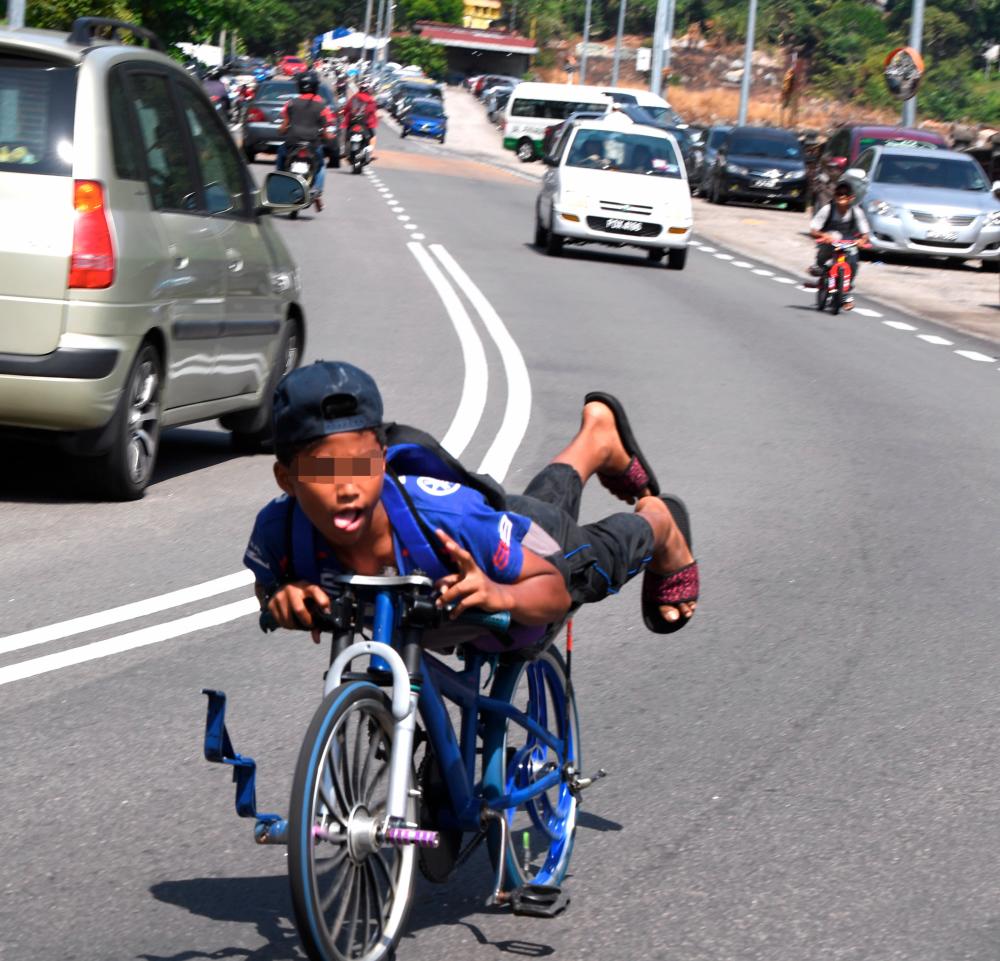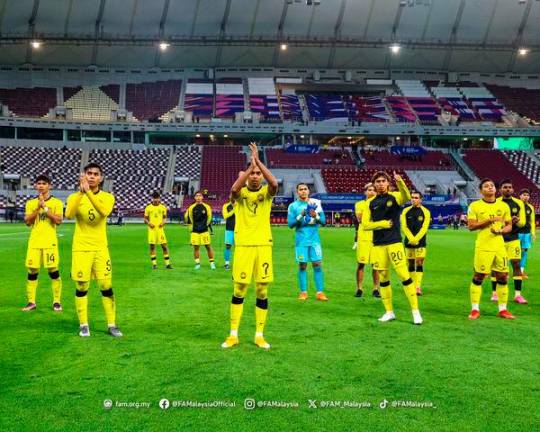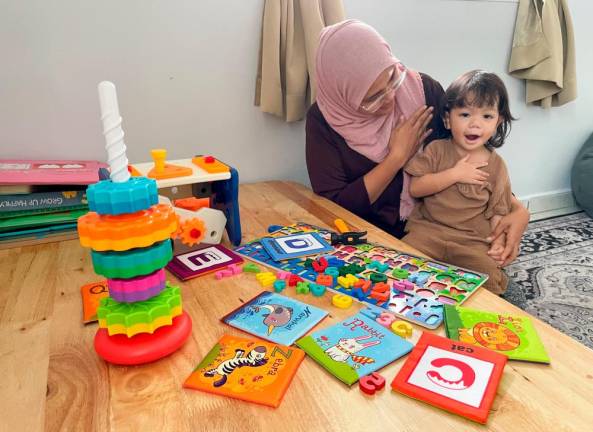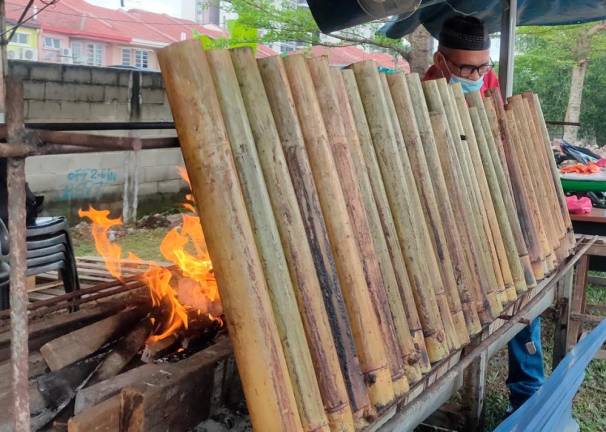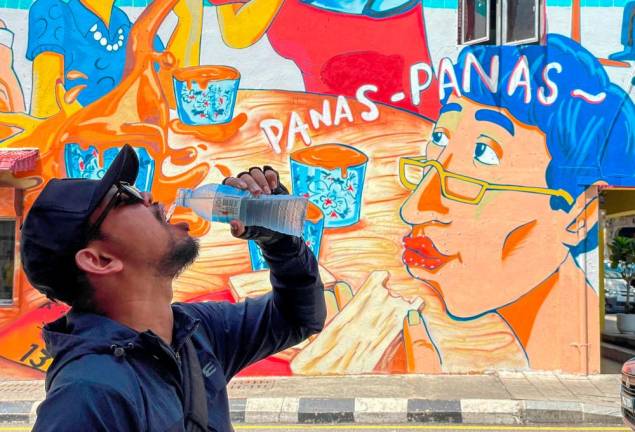PETALING JAYA: Are there double standards in our law enforcement? This is the question that Alliance for Safe Community chairman Tan Sri Lee Lam Thye is asking.
He questioned why law enforcement in the case of mat rempit and basikal lajak is weak when action is being taken against drink drivers and those who fail to use seat belts and helmets, when all such cases can end in tragedy.
He was commenting on the case of motorist Sam Ke Ting, who was convicted by the High Court for reckless driving and causing the death of eight teenagers. The case has generated national interest, with many on social media expressing sympathy and support for her. Sam had earlier been acquitted by the magistrate’s court.
“What does this say about our law enforcement? Is it one rule for the goose and another for the gander? All lives matter. And everyone is entitled to equal protection under the law. What about the responsibility of our educators, and are the right values being emphasised as part of our school curriculum?”
Lee said the tragic event of five years ago brought into sharp focus questions concerning road safety, parental responsibility, law enforcement and common sense.
“The court case aside, questions regarding these issues need urgent attention and long-term solutions. The primary issue is how much and whether we will ever learn from this tragedy, and what steps will be taken by the government and society to prevent a recurrence of such incidents.”
Lee said the first question that leaps to mind is why teenagers are drawn to the basikal lajak craze? He said the answer is possibly a natural need for thrills, to expend pent-up energies, and even perhaps kill boredom.
“But does the end justify the means? The simple answer is no, especially not if the activities are harmful to others. It has been proven time and again that teenagers resorting to such activities are a danger to themselves and others. They (the activities) unnecessarily drain the resources of law enforcers.
“When children become a danger to themselves, the responsibility for them lies with their parents, who are supposed to ensure their safety. If their parents do not exercise their responsibilities, shouldn’t they be held accountable?”
Lee said most basikal lajak accidents occurred during the early morning hours when the riders’ parents were safe at home while their children were in danger elsewhere.
“It’s no use crying over spilt milk and a little too late to close the barn door after the horse has bolted. We need preventive measures now. And this starts with parents. Shouldn’t the irresponsible parents be held responsible as well?
“Perhaps our law enforcers should consider hauling parents to court if their children behave in ways that put themselves and others at risk,” Lee said.
He added that when some parents were asked why they did not discipline their children, they said it was to avoid causing them (the children) stress.
“Is it better to avoid giving children stress compared with putting their lives in danger?
“After all the hue and cry over the tragedy, no solutions have been found, reports and recommendations have not been made public and lessons have not been learnt. The situation will soon simmer down and be forgotten until the next big tragedy strikes,” he said.



